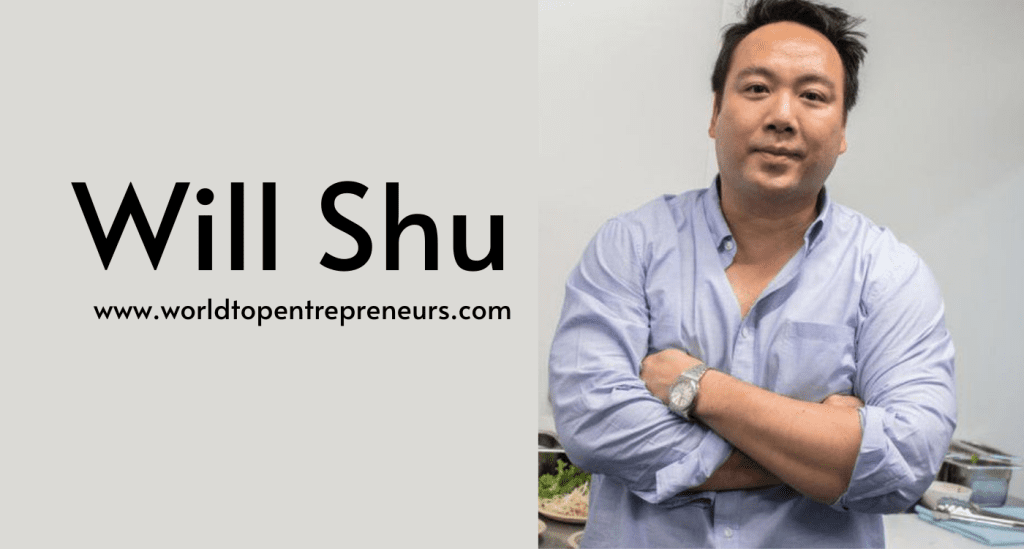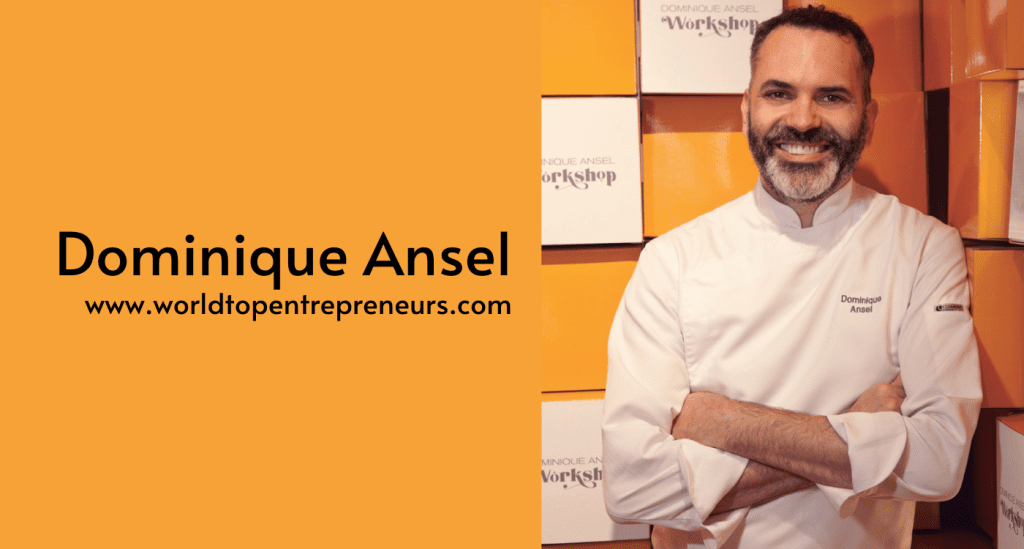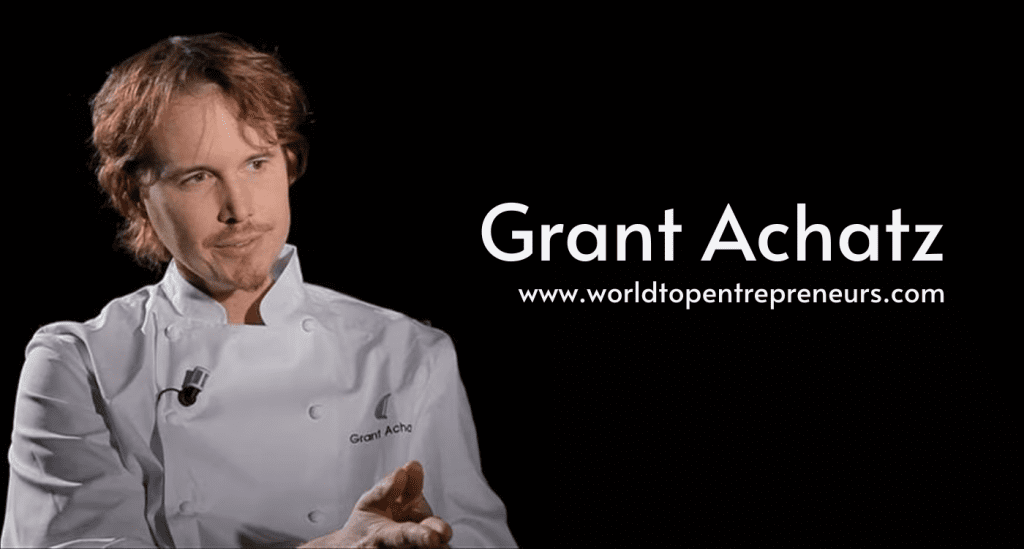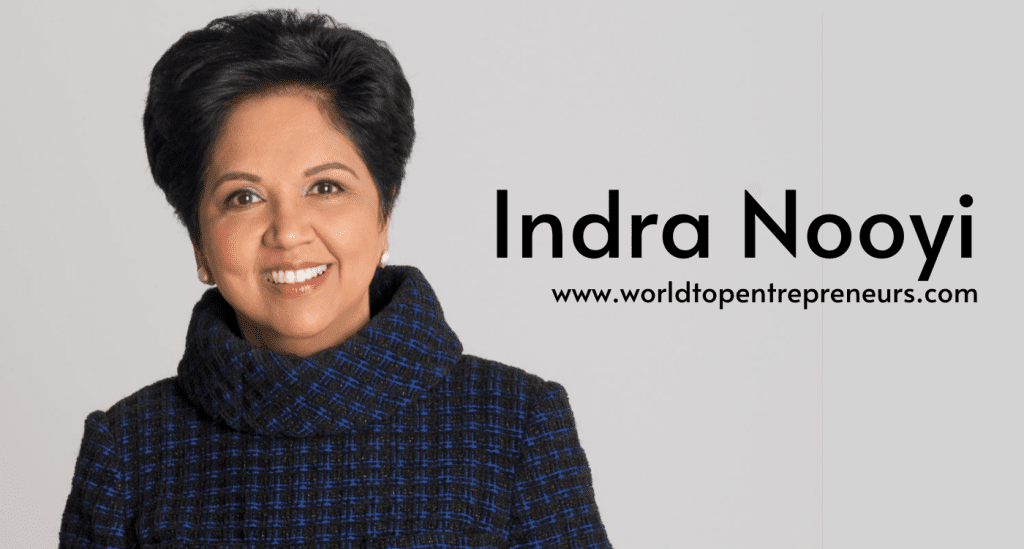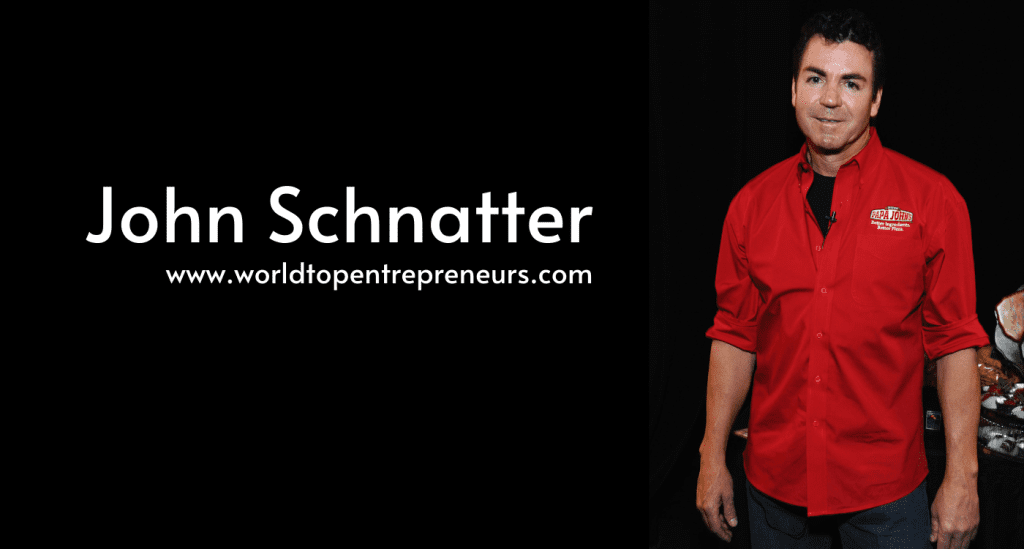In the bustling realm of modern entrepreneurship, few stories resonate with such vigor and innovation as that of Will Shu, the pioneering founder of Deliveroo. His journey from a small, unremarkable startup to a global phenomenon is a testament to the power of vision, resilience, and sheer determination. This article delves into the life and career of Will Shu, exploring his early days, the inception and growth of Deliveroo, and the broader implications of his work on the gig economy and the future of food delivery.
Early Life and Background
Will Shu was born in Taipei, Taiwan, in 1980. His early years were marked by a sense of curiosity and an entrepreneurial spirit. The son of a professor and a businesswoman, Shu was exposed to a variety of influences that shaped his worldview. The family relocated to London when he was a teenager, a move that would later prove to be a critical juncture in his life.
Shu’s academic journey led him to the University College London (UCL), where he pursued a degree in Computer Science. It was at UCL that Shu began to cultivate his interest in technology and entrepreneurship. The university environment, known for its vibrant startup culture and innovative ethos, provided Shu with a fertile ground for his future ventures. However, it was not an immediate leap from academia to success. Shu’s early career was characterized by a series of roles that seemed far removed from the world of food delivery.
After graduation, Shu took on various roles in different industries, including stints in finance and tech. His experiences were a mixed bag, providing him with a broad perspective on business but failing to ignite the entrepreneurial spark he sought. It wasn’t until he returned to his roots in technology that Shu began to seriously consider the possibility of launching his own startup.
The Birth of Deliveroo
The genesis of Deliveroo can be traced back to a seemingly ordinary moment. In 2013, while working long hours as a tech consultant, Shu found himself frequently ordering food online. Frustrated by the limited options and inconsistent delivery times, he saw an opportunity for improvement. The idea for Deliveroo emerged from this dissatisfaction—a service that would not only streamline the food delivery process but also enhance the customer experience.
Shu’s initial vision for Deliveroo was modest. He wanted to create a platform that would connect people with high-quality restaurants and deliver food swiftly and efficiently. This vision was underpinned by a commitment to quality and convenience, values that would become the cornerstone of Deliveroo’s brand identity. However, turning this vision into reality was no easy feat.
In the early days, Shu faced numerous challenges. The startup’s initial funding came from a modest £10,000 loan from friends and family, a sum that would soon be stretched thin as the demands of the business grew. The early team was small, consisting of Shu himself and a few dedicated employees. They worked tirelessly, often pulling long hours to ensure that every aspect of the service was running smoothly.
One of the significant hurdles Shu encountered was the logistics of delivery. The initial model involved using scooters and bicycles to deliver food, but managing the fleet and ensuring timely deliveries proved to be a logistical challenge. To address these issues, Shu and his team developed a sophisticated algorithm to optimize delivery routes, reduce wait times, and enhance overall efficiency.
The early success of Deliveroo was marked by rapid growth. Within the first year, the company expanded its services to multiple cities across the UK. The positive reception from customers and restaurant partners alike fueled further expansion. Deliveroo’s approach was simple yet effective: by focusing on quality, speed, and reliability, the company quickly established itself as a leader in the food delivery industry.
Expanding Horizons
As Deliveroo gained traction in the UK, Shu set his sights on international expansion. The company’s first foray into foreign markets came in 2015 with its launch in the Netherlands. This was followed by rapid expansion into other European countries, such as Spain, France, and Italy. Each new market presented its own set of challenges, from regulatory hurdles to cultural differences, but Deliveroo’s adaptability and commitment to its core values helped it navigate these complexities.
The company’s international success was fueled by a combination of strategic investments and partnerships. Deliveroo secured significant funding from venture capitalists, including notable investors such as Index Ventures and DST Global. These investments allowed the company to scale its operations, enhance its technology, and enter new markets with confidence.
In addition to expanding geographically, Deliveroo also diversified its service offerings. The introduction of the “ Editions” concept, which involved setting up dedicated kitchens in high-demand areas, allowed the company to partner with a broader range of restaurants and offer a wider variety of cuisines. This innovation not only improved delivery times but also helped restaurants reach new customers without the overhead of maintaining multiple physical locations.
Challenges and Resilience
Despite its success, Deliveroo faced numerous challenges along the way. The gig economy, which relies heavily on independent contractors, has been a source of controversy and legal battles. Delivery riders, often referred to as “gig workers,” have raised concerns about job security, wages, and working conditions. The company’s response to these issues has been a subject of scrutiny, with various stakeholders calling for better protections and fairer compensation for riders.
Shu and his team have worked to address these concerns by implementing various measures to support their workforce. This includes offering insurance coverage, providing access to training and career development opportunities, and improving communication channels between riders and the company. However, the debate over the gig economy and the rights of gig workers continues to evolve, and Deliveroo’s approach to these issues remains a topic of ongoing discussion.
Another challenge that Shu faced was the competitive landscape of the food delivery industry. As Deliveroo grew, it encountered competition from other major players such as Uber Eats and Just Eat. To maintain its competitive edge, Deliveroo focused on differentiating itself through innovative technology, superior customer service, and a commitment to supporting local restaurants. This strategy allowed the company to stay ahead of its competitors and continue its trajectory of growth.
Impact and Legacy
Will Shu’s impact on the food delivery industry extends beyond the success of Deliveroo. His vision has helped to redefine the way people think about food delivery and has influenced the development of similar platforms around the world. Deliveroo’s success has also highlighted the potential of technology-driven solutions to address real-world problems and improve the efficiency of traditional industries.
Moreover, Shu’s entrepreneurial journey serves as an inspiration to aspiring business leaders and innovators. His story is a reminder that success often requires perseverance, adaptability, and a willingness to take risks. Shu’s ability to identify a gap in the market and develop a solution that addresses both consumer needs and business opportunities is a testament to his entrepreneurial acumen.
In addition to his professional achievements, Shu is also known for his philanthropic efforts. He has been involved in various charitable initiatives, supporting causes related to education, healthcare, and social welfare. His commitment to giving back to the community reflects his belief in the importance of using one’s success to make a positive impact on society.
The Future of Food Delivery
As Deliveroo continues to grow and evolve, the future of food delivery is likely to be shaped by several key trends. One of the most significant developments is the increasing integration of artificial intelligence (AI) and machine learning into the delivery process. These technologies have the potential to further optimize delivery routes, enhance customer experiences, and streamline operations.
Another trend is the growing emphasis on sustainability. With concerns about environmental impact becoming more prominent, food delivery companies are exploring ways to reduce their carbon footprint and promote eco-friendly practices. This includes initiatives such as using electric vehicles, reducing packaging waste, and partnering with sustainable restaurants.
The rise of ghost kitchens, which are delivery-only kitchens that operate without a physical dining space, is also expected to play a significant role in the future of food delivery. These kitchens allow restaurants to expand their reach and offer new menu items without the overhead of traditional brick-and-mortar locations. Deliveroo’s “Editions” concept is an early example of this trend, and it is likely to become more prevalent in the coming years.
Conclusion
Will Shu’s journey from a tech consultant to the founder of Deliveroo is a remarkable story of innovation, resilience, and success. His vision for a more efficient and customer-centric food delivery service has transformed the industry and set a new standard for what is possible. Despite the challenges and controversies that have accompanied Deliveroo’s growth, Shu’s commitment to his core values and his ability to adapt to changing circumstances have been key factors in the company’s success.
As the food delivery industry continues to evolve, Shu’s influence and legacy will likely remain significant. His entrepreneurial spirit and dedication to improving the customer experience have paved the way for future innovations and set an example for aspiring entrepreneurs around the world. Will Shu’s story is not just about building a successful business; it is about pushing the boundaries of what is possible and making a meaningful impact on the world.

